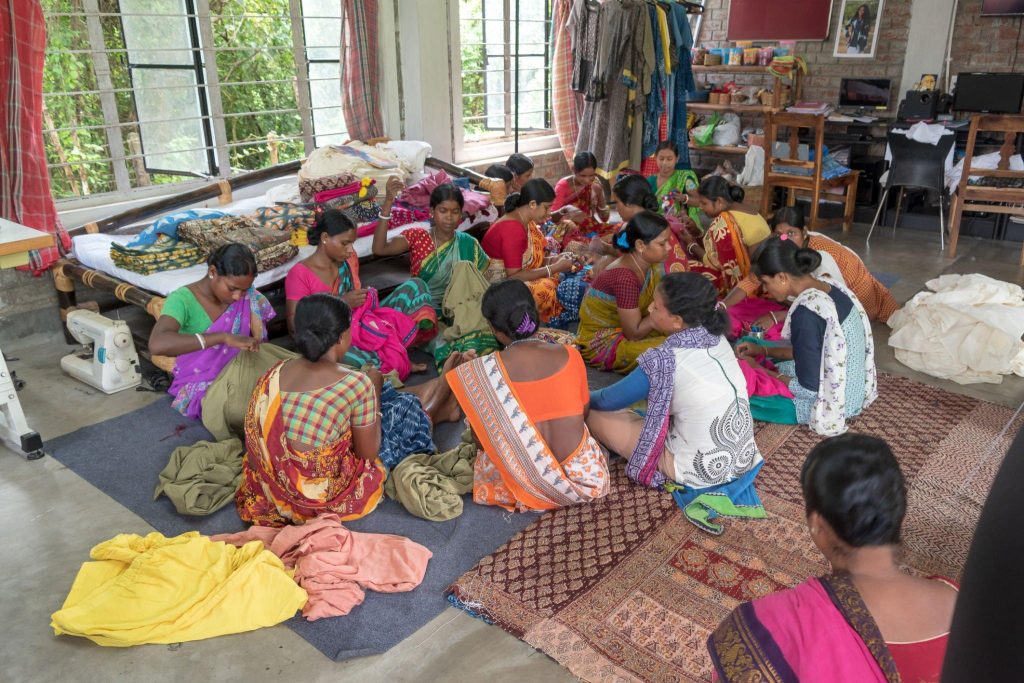Social entrepreneurship is an emerging field that has gained significant traction in India, as the country grapples with a multitude of social challenges, including poverty, illiteracy, healthcare access, environmental degradation, and gender inequality. Social entrepreneurs are individuals who recognize these challenges and harness the power of business to create sustainable solutions that positively impact society.
The Landscape of Social Entrepreneurship
India boasts a vibrant social entrepreneurship ecosystem, with numerous organizations and initiatives working to address diverse social issues. These social enterprises employ a variety of business models, including microfinance, affordable healthcare, sustainable agriculture, and education.
Impactful Social Enterprises in India
Several social enterprises in India have made significant contributions to social development. Here are a few notable examples:
- Akshay Patra Foundation: This non-profit organization provides midday meals to over 19 million children across India, combating malnutrition and hunger.
- SRIJAN: SRIJAN is a social enterprise that works with rural communities to promote sustainable livelihoods through eco-friendly products and services.
- Barefoot College: Barefoot College has empowered over 70,000 illiterate women in rural India to become solar engineers, providing electricity to remote villages.

Challenges Faced by Social Entrepreneurs
Despite the progress made, social entrepreneurs in India face several challenges, including:
- Funding: Access to capital remains a significant hurdle for many social enterprises.
- Sustainability: Ensuring long-term financial sustainability is crucial for the success of social enterprises.
- Scalability: Scaling up successful social ventures to reach a wider impact is a challenge.
- Impact Measurement: Effectively measuring the social impact of interventions is essential for demonstrating the value of social enterprises.
Supporting Social Entrepreneurship
To further strengthen the social entrepreneurship ecosystem in India, several initiatives can be undertaken:
- Government Support: The government can provide financial support, incubation programs, and policy frameworks to foster social entrepreneurship.
- Impact Investing: Promoting impact investing can provide social enterprises with access to capital for sustainable growth.
- Collaboration: Collaboration between social enterprises, corporates, and non-profit organizations can enhance the impact of social ventures.
- Awareness and Capacity Building: Raising awareness about social entrepreneurship and providing capacity building opportunities can empower more individuals to become social entrepreneurs.
Conclusion
Social entrepreneurship is a powerful force for positive change in India, providing innovative solutions to pressing social challenges. By addressing the challenges faced by social entrepreneurs and fostering a supportive ecosystem, India can harness the potential of social entrepreneurship to create a more equitable and sustainable society.



